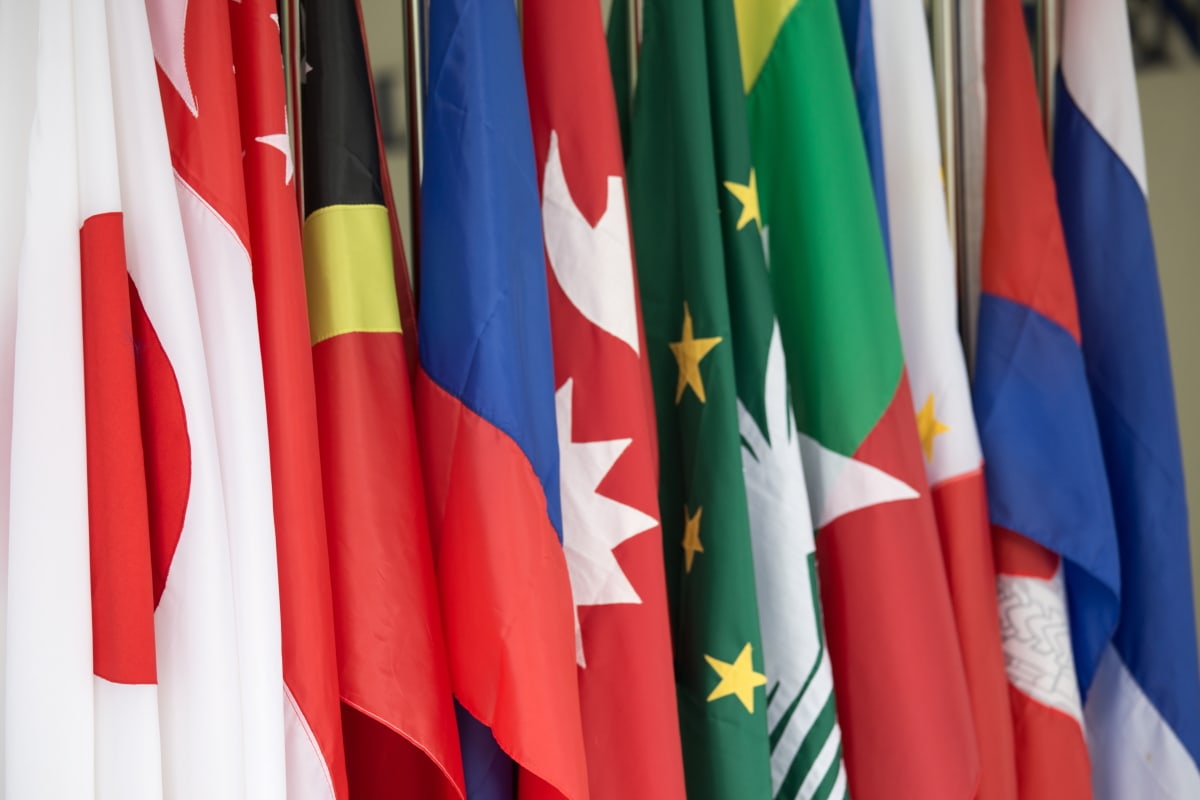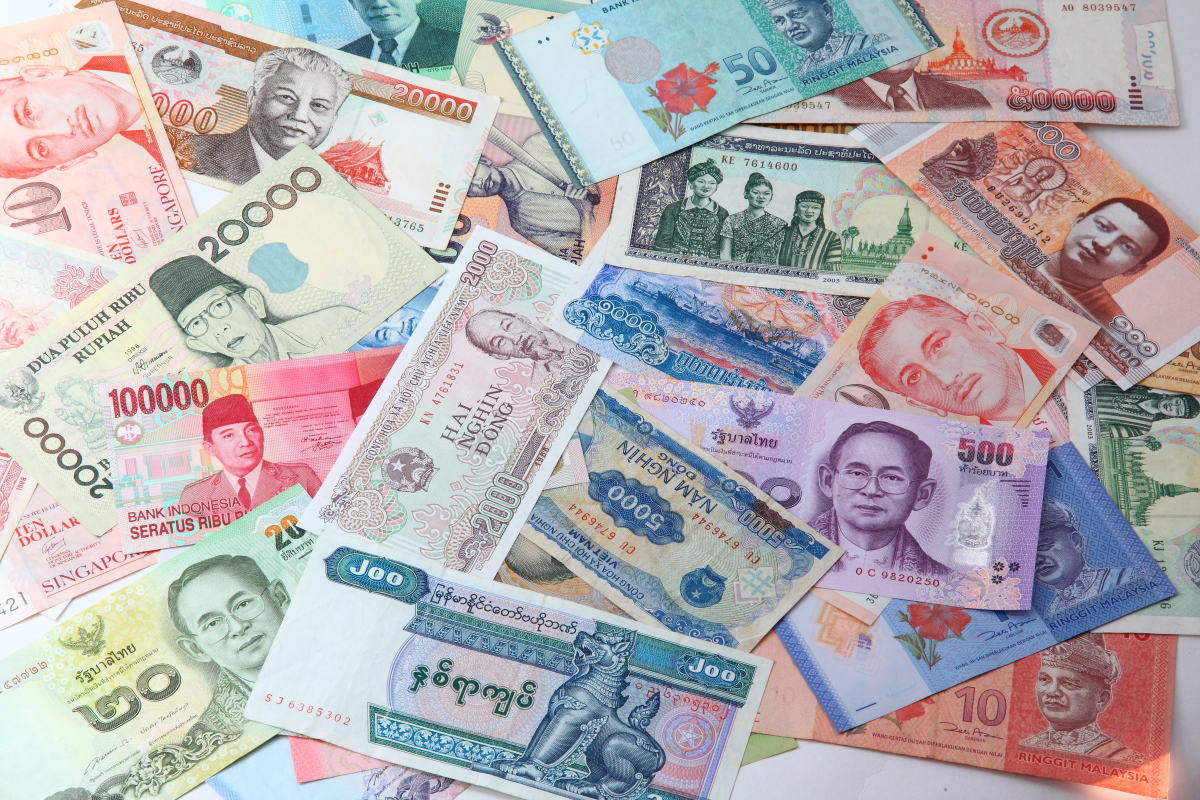If enacted, the RCEP pact will be the largest trade pact in the world, accounting for about one-third of world trade. At this weekend’s ASEAN summit in Bangkok, the Asia-Pacific Free Trade Pact should be agreed, but there is still resistance from India.
16 countries want to join together to form the so-called RCEP (Regional Comprehensive Economic Partnership): China, India, Japan, South Korea, Australia and New Zealand, as well as the ten ASEAN states – Indonesia, Malaysia, Thailand, the Philippines, Vietnam, Myanmar, Brunei, Laos, Cambodia and Singapore.
RCEP negotiations began as early as 2013, and gained momentum last year as a result of the turnaround in U.S. trade policy. The Asia-Pacific Free Trade Pact is seen as an alternative to the Trans-Pacific Partnership (TPP), which is comprised of eleven countries. The U.S. originally belonged to the TPP, but President Trump withdrew the deal after taking office.
India fears flood of cheap products from China
The Asia-Pacific Free Trade Pact provides, among other things, tariff reductions and protection of intellectual property. India currently has the greatest concerns. They are mainly due to the rapidly-growing trade deficit with China. India fears that the reduction of tariffs could harm its domestic industries and farmers, through among other things, a flood of cheap products from China.
On the other hand, India would also benefit from a market opening: qualified IT workers would be able to work abroad more easily.
Tensions in the South China Sea
Another topic of the ASEAN summit was the tensions in the South China Sea. Chinese prime minister Li Keqiang called on Southeast Asian leaders to draw up a “Code of Conduct” for the South China Sea by 2021. China claims a large part of the South China Sea for itself. Important maritime trade routes run through the area, and the exploration and potential use of crude oil and natural gas is also at stake.
Li said at the summit that China was ready to work with ASEAN countries on the basis of the existing foundations to maintain long-term peace in the South China Sea.
Recent tensions in the controversial waterway have hampered talks on a non-aggression pact at sea. China and Vietnam in particular are repeatedly clashing at the Vanguard Bank Reef, which is being claimed by both sides. China has increased its military activity in the region. This is condemned by Vietnam. The country calls for a communiqué mentioning Chinese movements and aggressive actions in the waters.









 Australia
Australia China
China India
India Indonesia
Indonesia Japan
Japan Malaysia
Malaysia Philippines
Philippines Singapore
Singapore South Korea
South Korea Taiwan
Taiwan Thailand
Thailand Vietnam
Vietnam
 Germany
Germany Hong Kong
Hong Kong USA
USA Switzerland
Switzerland Singapore
Singapore
 United Kingdom
United Kingdom Other / International
Other / International







